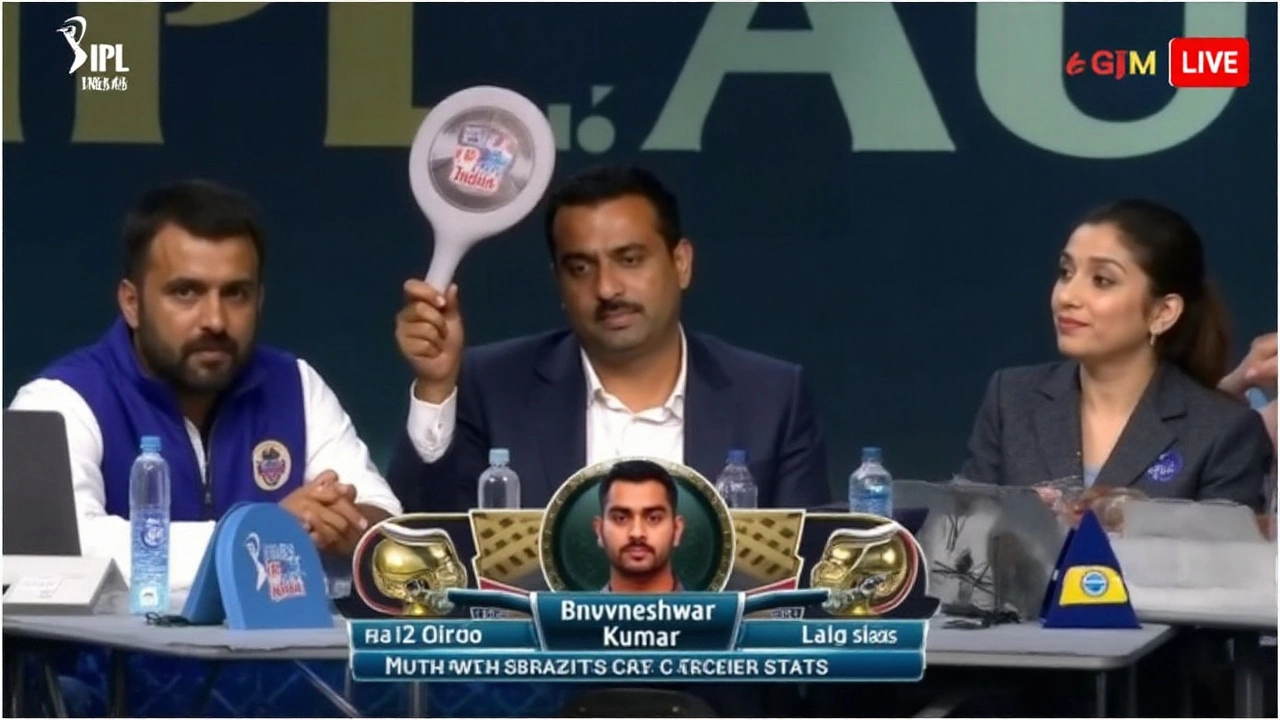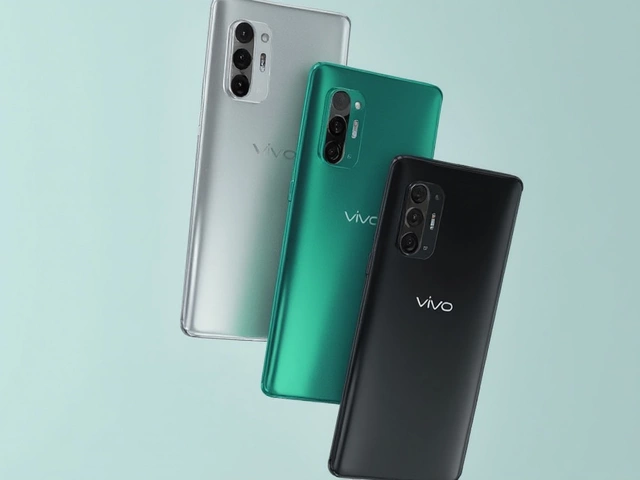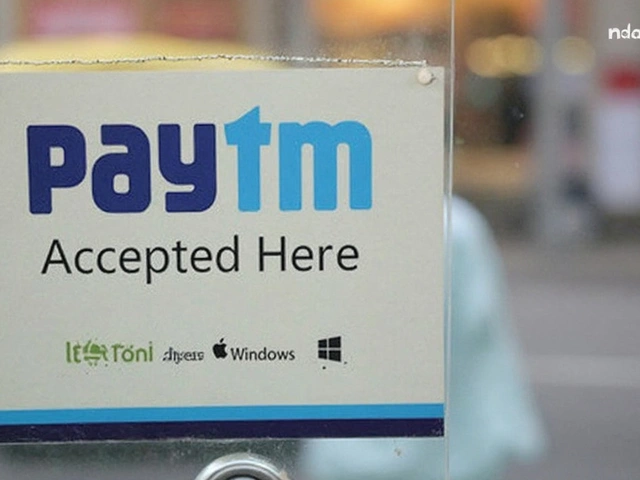The High Bar for IPL Team Ownership
If you thought owning an IPL team was as easy as snagging your favorite jersey, think again. The Board of Control for Cricket in India (BCCI) doesn’t hand out team rights to just anyone with money. While the IPL team ownership process sparks curiosity every season, the barriers are far higher than what meets the eye. It’s not only about showing up at an auction with a fat wallet—there’s a maze of eligibility checks, legal documents, and mind-boggling sums at play.
The BCCI keeps the minimum stake requirements mostly under wraps, but here’s what’s clear: teams aren’t sold at bargain prices. Bidders need to back up their interest with serious financial muscle. When the two latest franchises joined the IPL in 2022, CVC Capital Partners bought Gujarat Titans with a jaw-dropping bid, and Lucknow Super Giants went for an even bigger price tag. We’re talking hundreds—and sometimes thousands—of crores. For any individual or company to even qualify, they need proven financial stability, and funds to match these giant valuations.
Potential owners can bid alone or as part of a consortium, but even pooling resources offers no shortcuts. The BCCI insists on transparency—everyone involved undergoes strict background checks. No one with a questionable financial or legal history can sneak through. Owners also agree to abide by league rules, including ethics and governance codes, which prevent conflicts of interest and dodgy business practices.

The Reality Behind the Dream
What does it feel like to step into this glamorous cricketing world? For most, the dream ends the moment the numbers start adding up. The bidding process alone is a high-stakes affair; hopefuls must submit detailed business plans, proof of funds, and often a letter of credit—or even a hefty upfront payment—to show they’re not bluffing. Every financial record goes under the BCCI microscope, and teams aren’t confirmed until after thorough vetting. For instance, when CVC Capital Partners won their bid for Gujarat Titans, their background in global sports investments played a major role in BCCI’s approval.
IPL ownership extends beyond money, though. Owners are expected to invest in player management, ground facilities, marketing, and fan engagement. The league’s brand relies on every franchise meeting high standards, so BCCI enforces compliance strictly. If things go sideways—like breaches of the league’s code or ownership scandals—owners can face hefty penalties or even lose the team.
For all the glitz, every IPL team represents a complex business ecosystem, and only financially sound, ethically clean, and strategically sharp entities make the cut. The process is set up that way to protect the league’s long-term credibility and sky-high market value.



